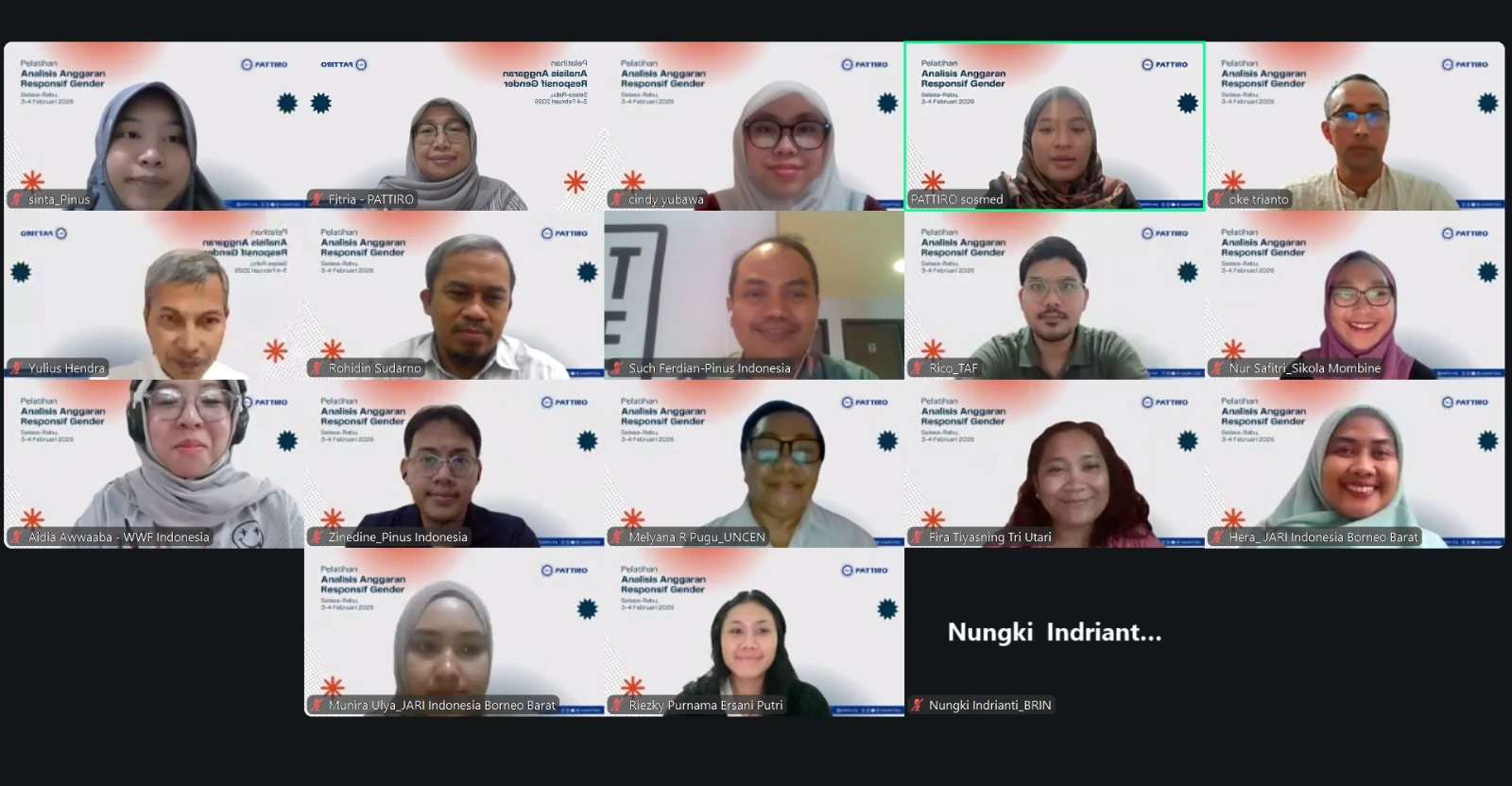Fiscal 2025 incentive policies offer great opportunities for regions to improve environmental and forestry performance.
“This fiscal incentive can spur the performance of local governments, especially in the environmental and forestry sectors. Local governments can focus on the indicators set by the Ministry of technical,” said Jaka Sucipta, director of the village fund, incentives, special autonomy and privileges of the Ministry of Finance, in a public discussion on the management of fiscal incentives in 2025 held by PATTIRO with the support of the Asia Foundation on Monday, December 23, 2024.
In 2025, the fiscal incentive allocation ceiling in the state budget will reach Rp6 trillion, with details of Rp4 trillion for the previous year’s performance and Rp2 trillion for the current year’s performance. This incentive is allocated to 8 provinces, 23 cities and 103 districts with an average allocation of Rp7.3 billion per category, he continued.
Exposure of the Ministry of Finance regarding environmental support in the Transfer to the regions for fiscal year 2025
As mandated by Law Number 1 of 2022 concerning the Financial Relations of the Central Government and local governments, the government can provide fiscal incentives to local governments in the form of allocation of funds or certain facilities. The provision of fiscal incentives is based on the achievement criteria of regional financial management, basic services, and government public services. In addition, fiscal incentives are given as an award for the best performance of the region as well as spur improvement in the quality of financial management.
To regulate the allocation mechanism for fiscal incentives in 2025, the Ministry of Finance issued Minister of finance regulation (PMK) number 91 of 2024 concerning the management of fiscal incentives based on regional performance in 2025. This regulation replaces PMK number 208/PMK.07/2022 with some technical updates. One of the important changes is the technical regulation through the decree of the Minister of Finance (KMK), replacing the previous PMK.
The technical directive (Juknis) of 2025 is contained in KMK number 428 of 2024, which regulates the assessment of regional performance and the determination of the best rating for the allocation of fiscal incentive funds. Assessment indicators cover four main aspects, namely regional financial management, basic services, support for national policy focus, and government policy synergy. In this context, the performance of environmental and forestry management is an important sub variable in government policy synergy.
In particular, the achievement of environmental management performance can be reviewed through the Nirvasita Tantra award which is a benchmark for the success of a region in achieving sustainable development goals, especially those related to the environment. However, there are challenges that need to be addressed in expanding regional participation in Tantric Nirvasita.
According to Nurul Tanjung, Pattiro’s Program Officer, Local Government participation in the Nirvasita Tantra program is still low, especially outside Java and Sumatra. This is due to the lack of information, commitment to filling out the Regional Environmental Management Performance Information Document (DIKPLHD), and an assessment approach that tends to be administrative.
To overcome these challenges, PATTIRO recommends that the technical ministry, namely the Ministry of Environment and Forestry, which is now the Ministry of Environment and Forestry, increase socialization and assistance to local governments, including strengthening capacity to understand fiscal incentive mechanisms. Local governments also need to update performance achievement data according to environmental indicators that support Nationally Determined Contributions (NDC).
“The performance variable of reducing greenhouse gas emissions needs to be included in the National Policy Focus indicator, in line with the 2nd Asta Cita to support the green economy,” Nurul concluded.
By: Nurul Tanjung, Program Officer program SETAPAK-PATTIRO






